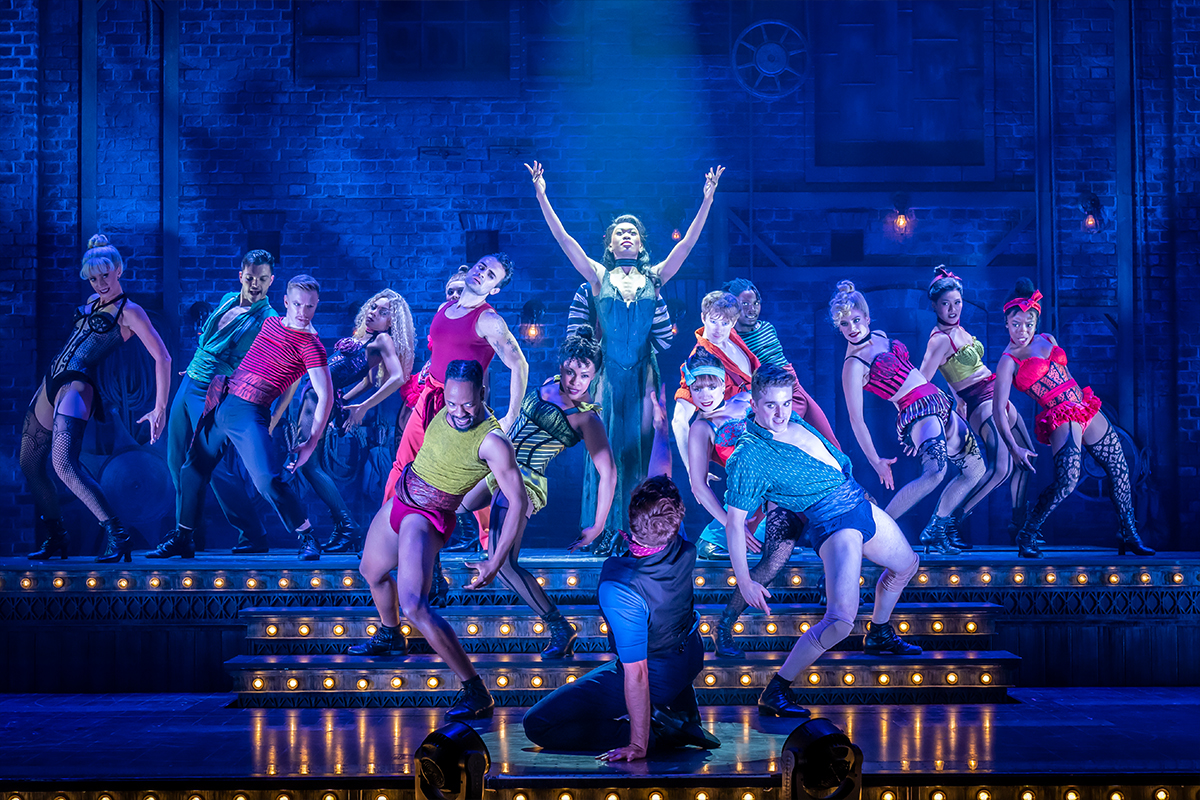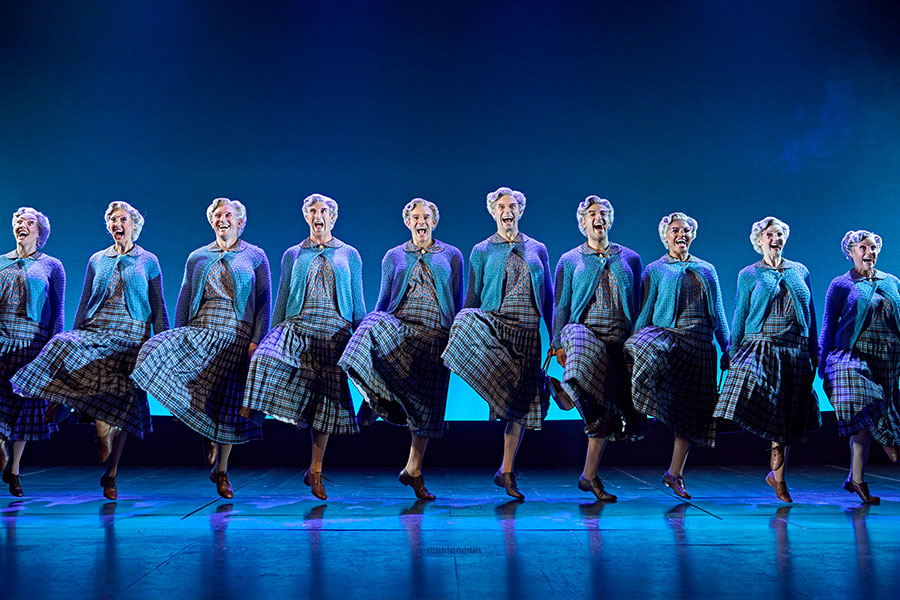After Independence (Arcola Theatre)
"We, the true owners of this land, shall not budge," Robert Mugabe told his people in 2002. "The land is ours." Within four years, only a tenth of Zimbabwe's white farm were still in operation.
May Sumbwanyambe's debut takes us into one of the last, its elderly owner Guy (Peter Guinness) holding out against the black ZANU government's attempts to buy his land. Having seen off several civil servants and their reasonable offers already, it's the turn of calm, collected Charles (Stefan Adegbola) to persuade him and his family to sell Independence Farm.
Realistically, Guy has little option. Local mobs have forced other white farmers in the area off their land, and Charles is expected to return to the capital with the deeds in hand. However, Guy makes no secret of his feelings – Guinness plays him with an unrepentant brusqueness, a strong man always demonstrating his strength – and, though he's terminally ill, he knows selling would be not only giving up his ancestral history, but also his daughter's future. Beatriz Romilly's Chippo is adamant that she wants to inherit both the farm and her father's grit, thereby asserting an independence of her own that was denied to her browbeaten mother (Sandra Duncan).
Sumbwanyambe presents an situation without an obvious amicable resolution. What Charles sees as colonial theft, Guy sees as enterprising cultivation of unused land – something that Max Dorey's elegant set of timber and tools makes abundantly clear. The impulse to redress the injustices of colonialism might be reasonable, but in doing so, the wrongs of the past are revisited on those whose only blame is to have benefitted. Now, as then, abstract policies detach themselves from individual lives.
It's a difficult and necessary debate, one that digs into the specifics of Zimbabwean politics, while rebounding around the world to all manner of disputes regarding land ownership. At the same time, it reflects questions of historical privilege and redress closer to home, questions of power as opposed to property, and they're thrown into sharp relief by a setting that reverses the racial dynamic to give the indigenous black population the upper hand.
However, it is still a debate, and dramatic though it is in George Turvey's taut staging, After Independence is mostly stagnant back and forth; its characters, arguments personified. Win or lose, they themselves aren't particularly changed by the encounter, no matter how nasty negotiations become. For all that, though, Sumbwanyambe puts both sides with real eloquence and even-handedness, even if he could lay off the neat oppositions, and that makes After Independence an insightful account of an impossible situation.
After Independence runs at the Arcola Theatre until 28 May










